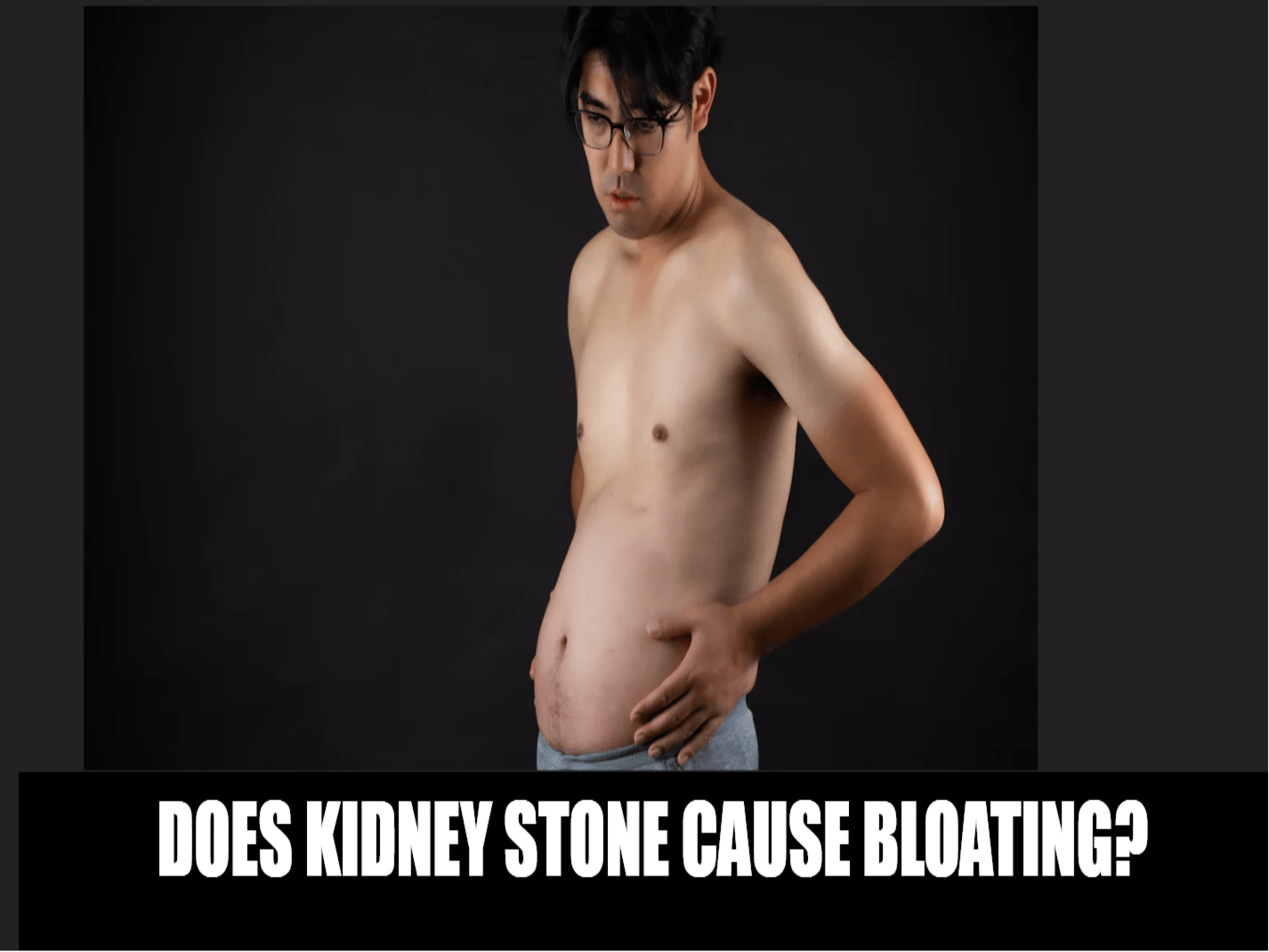Kidney stones are a common medical condition that can lead to various symptoms, including severe pain, urinary issues, and sometimes digestive disturbances. This document explores whether kidney stones can cause bloating, examining the underlying mechanisms and related symptoms.
Kidney Stones Overview
Kidney stones are hard deposits made of minerals and salts that form inside the kidneys. They can vary in size and may cause significant discomfort as they pass through the urinary tract. Common symptoms include:
- Severe pain in the back or side
- Pain during urination
- Blood in urine
- Frequent urination
- Nausea and vomiting
Bloating Explained
Bloating refers to a feeling of fullness or swelling in the abdomen, often accompanied by discomfort or pain. It can be caused by various factors, including:
- Gas accumulation in the digestive tract
- Food intolerances
- Constipation
- Hormonal changes
The Connection Between Kidney Stones and Bloating

While kidney stones primarily affect the urinary system, they can indirectly lead to bloating in some cases. Here are a few ways this connection may occur:
- Pain and Stress Response: The severe pain associated with kidney stones can trigger a stress response in the body, which may affect digestion and lead to bloating.
- Nausea and Vomiting: These symptoms can accompany kidney stones and may disrupt normal eating patterns, leading to gas buildup and bloating.
- Dietary Changes: Individuals experiencing kidney stones may alter their diets to avoid certain foods, which can inadvertently lead to digestive issues and bloating.
- Medication Side Effects: Some medications prescribed for pain management or to facilitate the passage of stones may cause gastrointestinal side effects, including bloating.
Common Symptoms of Kidney Stones

The symptoms of kidney stones can vary based on the size of the stone and its location in the urinary tract. Common symptoms include:
- Severe Pain: Often described as sharp or cramping, pain typically occurs in the back, side, or lower abdomen.
- Hematuria: Blood in the urine, which may appear pink, red, or brown.
- Frequent Urination: A strong urge to urinate more often than usual.
- Nausea and Vomiting: These symptoms can occur due to the pain or as a response to the obstruction.
- Bloating: As mentioned, this can occur indirectly due to the pressure from an obstructed urinary tract.
Treatment Options for Kidney Stones

Treatment for kidney stones depends on the size of the stone, its location, and the severity of symptoms. Options include:
- Hydration: Drinking plenty of fluids can help flush out small stones.
- Pain Management: Over-the-counter pain relievers or prescribed medications can help manage discomfort.
- Medications: Certain medications can help dissolve specific types of stones or prevent new stones from forming.
- Extracorporeal Shock Wave Lithotripsy (ESWL): A non-invasive procedure that uses sound waves to break up stones into smaller pieces that can be passed more easily.
- Ureteroscopy: A procedure where a thin tube is inserted into the urinary tract to remove or break up stones.
- Surgery: In cases of large stones or severe obstruction, surgical intervention may be necessary.
Conclusion
While kidney stones do not directly cause bloating, the associated symptoms and lifestyle changes can contribute to a feeling of fullness or abdominal discomfort. If you are experiencing bloating alongside kidney stone symptoms, it is essential to consult a healthcare professional for a comprehensive evaluation and appropriate management.

